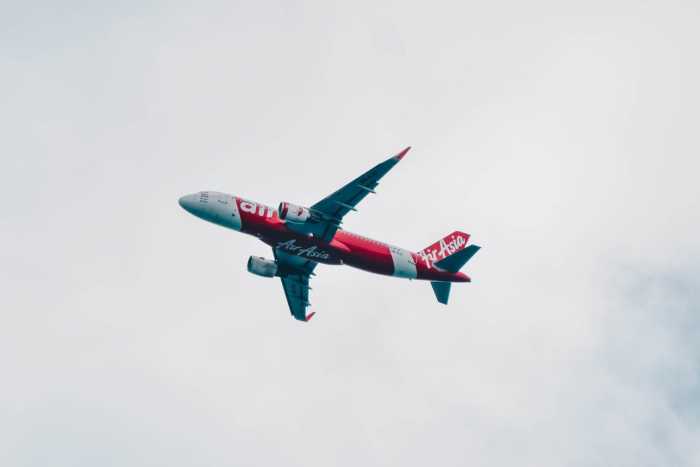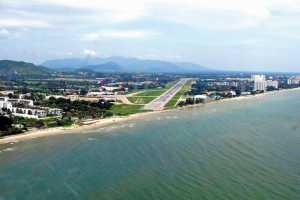
Thai Airways Adopts MERS Preventive Measures on its Flights
9th Feb 2016

Thai Airways International Public Company Limited (THAI) has adopted several preventive measures that should keep its flights free of MERS (Middle East Respiratory Syndrome). The series of actions that the Thailand-based airline has implemented should go a long way toward keeping its customers at ease.
A senior official at Thai Airways said:
"We have started monitoring the passengers and ground customer services at airports."
General manager of Thai Airways for Middle East and United Arab Emirates, Chantouch Srinilta said explained that the carrier is monitoring passengers on its flights for possible MERS.
He also said:
"Besides that, we are using anti-bacterial solutions inside the aircraft while it is parked at the airport and even disinfecting the 37 touch points in the passenger cabin."
About two weeks ago, Thailand reported a second case of MERS. The person who was tested positive to tests was a 71-year old man from Oman. The first case of MERS in Thailand, also from Oman was reported last year and prompted the health authorities to quarantine over 170 people who came into contact with him.
Shortly after the health authorities in the country discovered him, they placed around 40 or so people who had contact with him in quarantine. This includes those that were with him on the plane he came on, taxi drivers and the staff at the hotel he stayed in and the hospital.
An official for the Tourism Authority of Thailand (TAT) spoke about the man's current condition:
"He is doing fine as per the last report we got from Thailand."
TAT also said it has increased screening of passengers on all Thailand airports. The officials said:
"We are strictly screening the backgrounds of passengers, establish sanitation gel stations across the airport and disseminate information on the symptoms of the virus."
Furthermore, Thai Airways officials are also carrying PPE (personal protective equipment) while on board and the staff is educated on preventive healthcare.
One official compared these measures to those that the airline implemented for other outbreaks, such as SARS, H5N1 and Ebola, saying:
"We had implemented these prevention measures ever since the SARS outbreak in 2003, H5N1 in 2014 and Ebola, whereby these measures received recognition by the World Health Organization (WHO)."









